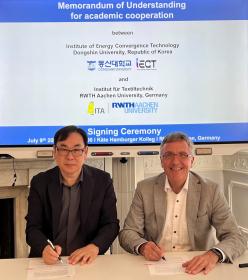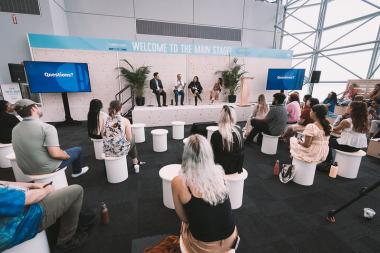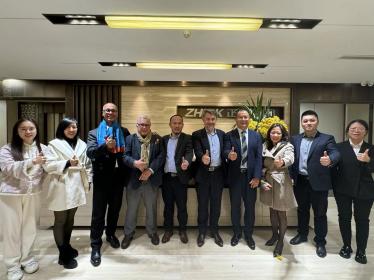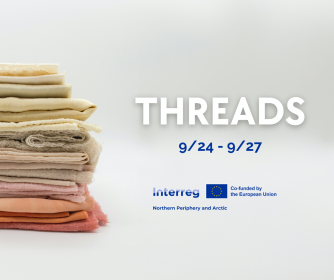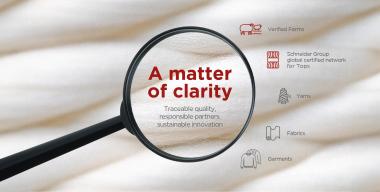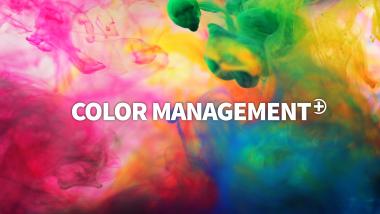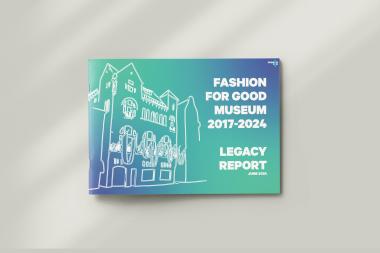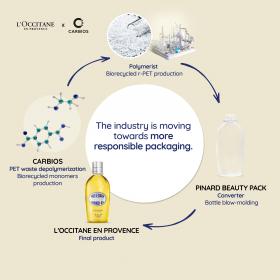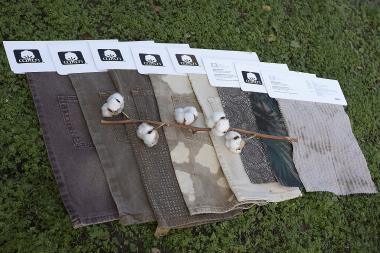ITA and South Korean University cooperate
Dongshin University from Naju in South Korea and Institut für Textiltechnik (ITA) of RWTH Aachen University will cooperate in the field of industrial digitalisation and renewable energies in the future. A cooperation agreement was signed on 9 July by Professor Dr Chun-Shik kim and Professor Dr Thomas Gries. Professor Dr Chun-Shik Kim is an expert on German-Korean economic cooperation, ADEKO board member and former advisor to the Deputy Prime Minister, Professor Dr Thomas Gries is ITA Director and Rectorate Representative of RWTH Aachen University for Korea. The co-operation marks the culmination of 15 years of ITA activities in Korea. The fruits of this cooperation are the SmartTextronics Centre and the city partnership between the cities of Aachen and Ansan.
Dongshin University in Naju, South Korea, is a renowned university specialising in innovative research and practice-oriented education. It specialises in engineering, information and communication technology and renewable energies. The university is known for its international co-operation and its contribution to regional and global development.
RWTH Aachen University is one of the leading technical universities in Europe and offers excellent research and teaching opportunities. Institut für Textiltechnik (ITA) of RWTH Aachen University is one of the largest institutes at RWTH Aachen University and is internationally recognised for its outstanding research achievements in the field of textile technology and for its industrial cooperation. RWTH Aachen University maintains close co-operation with international partners and promotes global networking in science and research.
Institut für Textiltechnik (ITA)


